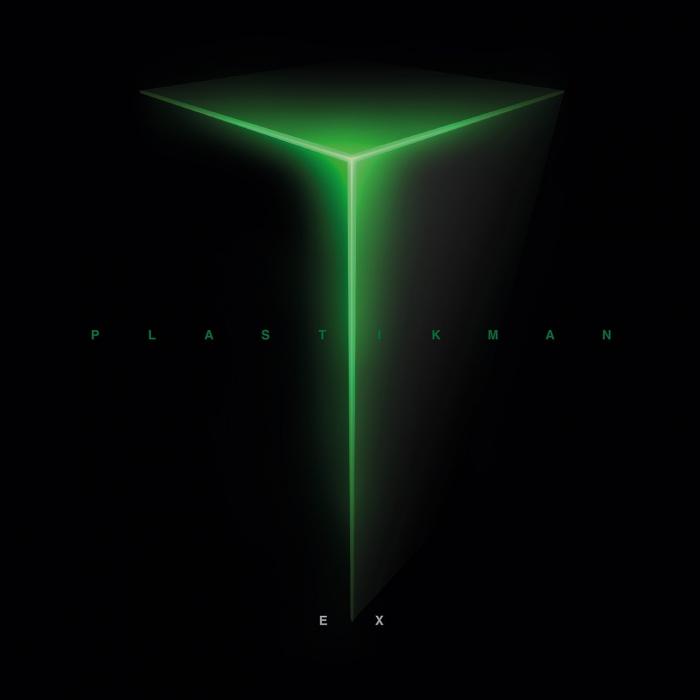Still bleeping, still blooping
What a long strange trip it’s been. Different names, different labels, overexposure and seeming death in the late 90s, all the way to a weird triumphal return in which the lion’s share of mainstream music has essentially been consumed by and also has adopted its means of production. Electronic music (techno? Electronica? EDM? Just plain dance?) looms astride culture as influence, soundtrack, and business. It suffuses the worse parts of town with its relentless thumping soundtrack as tattooed cocktails of self-administered pharmacies wage their small wars of fragile egos as a mating display for the poor life choices awaiting them ringed about the dance floor.
You can’t turn on the radio (though who does, aside from the lumpen commuteriat), youtubes, or consume any kind of cultural product without hearing the Producer’s tools: percussive elements perfectly quantized into grid form, human elements (if any) pitch-corrected to match the mathematics of equal temperament, and programmed performances that were as likely drawn on a screen with a mouse or touchpad as they were ever “performed” in a way familiar to musical performance as most of human history would know it.
And so here we are, listening to music whose production requires little to no air to be moved by human efforts. When we press play on our devices, we mimic the production methods inherent in the music we’re about to hear: we are all button-pushers, now.
And button-pushing is fun. Bleep-bloop music is fun. All these things: very fun. Very automated. Highly intermediated. And with that intermediation comes the risk of anonymity. It’s been said, jokingly, that the same quantized drum pattern programmed by one person versus another would be recognizable in its “soulfulness”, but the lie of it comes from playing the blindfold test with unfamiliar recordings. Put to it, how many of even the most ardent trainspotters could tell a not-yet-released Jeff Mills from a Carl Craig?
Yet still, you can listen to Ritchie Hawtin’s return to Plastikman form and hear his distinctive sonic trademark. The instrumentation lends itself to old memory: classic drum machine percussion, the perennial squishy Roland basslines, but with a few added synth pads here and there to give it some texture. The limited sonic pallet is simultaneously a throwback to an earlier ethos and a relief from some other contemporary artists whose work have such density as to be simply exhausting, like Mahler with mouse ears. Like any live album, it has characteristic “flaws” – filter sweeps and cuts which seem imperfectly executed, some effects sequences which might sound at home in your average Saturday night DJ mix. But these sorts of things are always a Rorschach for a listener: for admirers, they are the markings of personality and authentic performance; for detractors, a tiresome reminder of a performer’s lackadaisical devotion to their craft.
In all, Ex is a cinematic experience. It feels unobtrusive, and while not as sleekly minimal and restrained as Ritchie’s last Plastikman production, Closer, it certainly isn’t the type of thing that might prompt a performer to stand on his riser, pour vodka on crowdsurfers, or throw cake into the audience. It also doesn’t have those interminable Dutch trance breakdowns. If you like this sort of thing, you’ll probably like it. But you will have heard it already, I think. And if you don’t like this sort of thing, you’ll only end up hearing it at someone else’s house, and odds are you’ll just have to put up with it.
